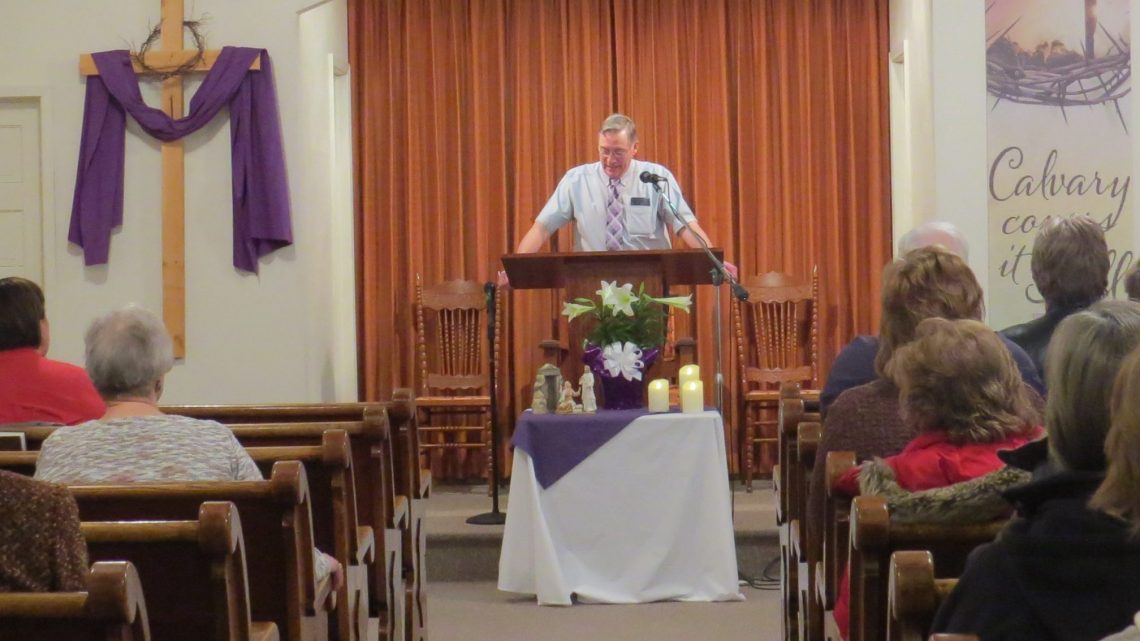The role of religion in society has long been debated. The last year with its regulation impacting church attendance has intensified the debate.
Government has historically been involved with religious organizations and has exercised some form of control over them. Scripture is filled with examples of the involvement of government with religious practices. Control of religion and religious organizations was common in the early history of this country. Patrick Henry supported the use of taxation to pay ministers. A license was required to engage in preaching the gospel.
The principle of government involvement in religion in this country is set forth in two provisions of our constitution. Article VI states that no religious test shall be required as a qualification to hold an office in the government. The second principle is in the First Amendment which states that Congress shall make no law establishing religion nor shall it make any law prohibiting the free exercise of religion.
Where do we find the proper association between government, society and religious organizations? Rather than searching historical statements of our nation’s founders, I’d suggest that we look at the reasonableness of the positions. There are two different circumstances involving the relationship of government and churches. One is the involvement of government in religious activities, and the other is government regulations that impact religious practice.
THE BIG QUESTION
So, the question must be faced: How should we as Seventh-day Adventist Christians react to this separation principle?
First, I hope that we would be sensitive to the religious beliefs or non-beliefs of others. We should understand that the government is not the vehicle for spreading the gospel.
Second, we should not want prayer to become a ritual instead of an intimate conversation with God.
Third, and perhaps most important, is understanding what Jesus said about the issue in Matt. 6:5-6:
“And when thou prayest, thou shalt not be as the hypocrites are: for
they love to pray standing in the synagogues and in the corners of the
streets, that they may be seen of men. . . When thou prayest, enter into
thy closet and when thou hast shut thy door, pray to thy Father in secret.”
This topic has also been addressed in the Great Controversy page 297:
“Thus again was demonstrated the evil results of attempting to build up the church by the aid of the State, of appealing to the secular power in support of the gospel of him who declared. ‘My kingdom is not of this world’. The union of the church with the state, be the degree ever so slight, while it may appear to bring the world nearer the church, does in reality, but bring the church nearer the world.”
But what about the recent regulations regarding attendance at churches and the spread of the coronavirus? Does the government have authority to protect its citizens from harm, including spread of disease? Of course! Government has many regulations dealing with the safety of gatherings, including churches, such as maximum capacity, location of emergency exits, use of certain materials that create a fire hazard.
Yet churches must not be targeted in a manner that is different from gatherings of a similar nature. The central questions must be: Does the regulation address the harm in a manner that is least restrictive while adequately dealing with the danger? And does the regulation apply to all similarly situated organizations?
I’d suggest that as Seventh-day Adventist Christians, when we are faced with questions regarding the impact of our actions on others, we would ask if love and concern for others is more important than personal feelings or inconveniences.
As Christians, we should realize that the government has a responsibility to society to protect it from harm in a reasonable manner. And sometimes that protection has an impact on religious practice. So long as that impact is not singling out religion and is a reasonable reaction to the potential harm, we as Seventh-day Adventist Christians should support protecting society from the harm. “Yes, Lord, I do not like the imposition, but I understand that as a Christian I have a responsibility based on your principle of love to care for my neighbor even to my own inconvenience.”
Darrel Huenergardt provides religious liberty education and legal counsel for the Mid-America Union.










